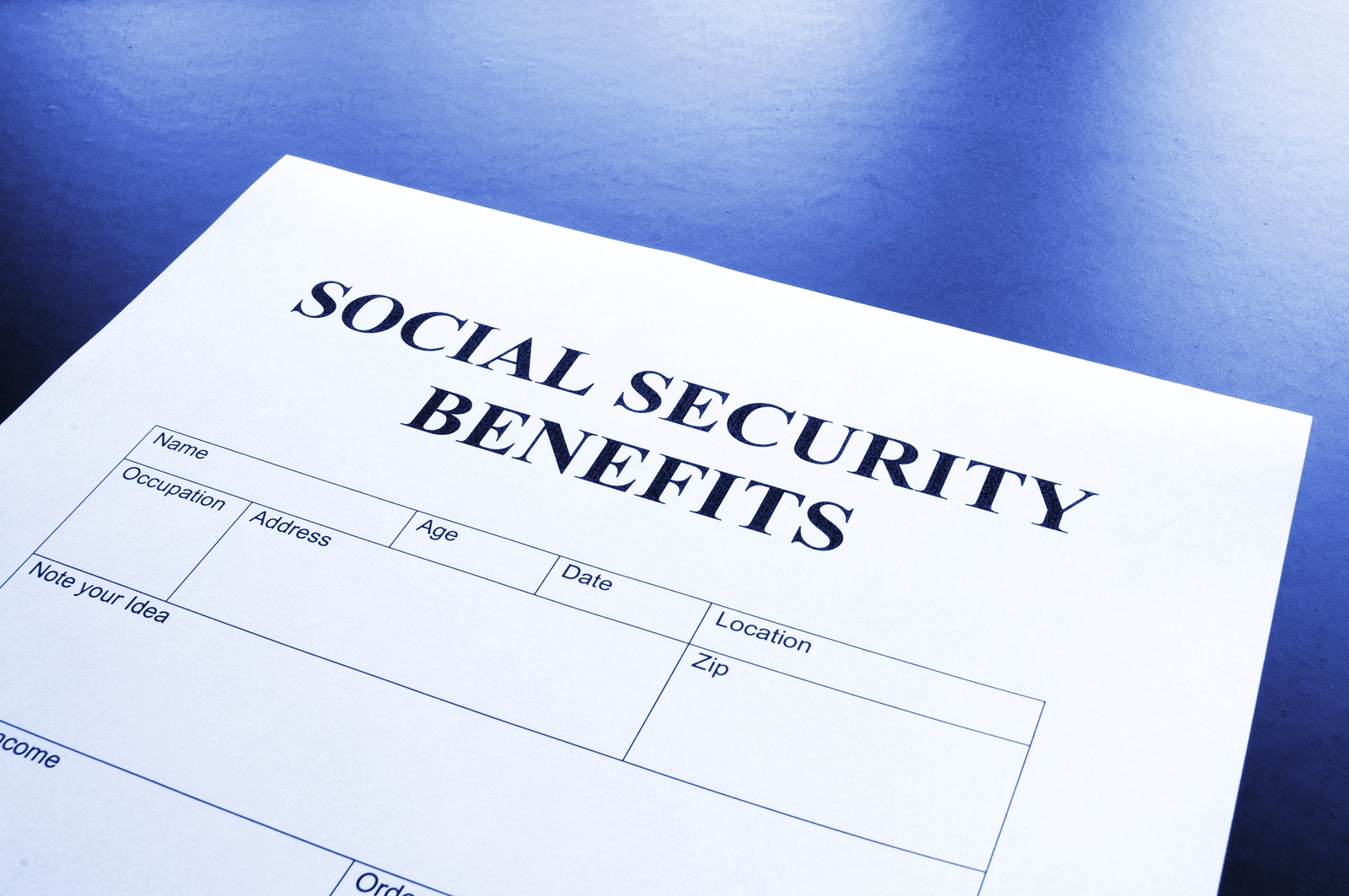Should You File For Bankruptcy if Denied a Mortgage Forbearance?
For many people experiencing financial difficulties, a mortgage forbearance could be a useful tool in coping with mounting monthly bills. When your mortgage lender allows you to pay less than you owe or suspends your monthly payments altogether, it frees up funds for other bills. However, if your lender denies your application for a mortgage forbearance, is filing for bankruptcy a viable option? The answer, as with many legal inquiries, is, “it depends.”
At Young, Marr, Mallis & Associates, our team of knowledgeable Philadelphia bankruptcy attorneys understand that every client’s situation is not the same. Fortunately, the bankruptcy process is flexible and provides many options to those facing financial distress. The question as to whether filing for bankruptcy is your best option depends on a number of factors. Our office will thoroughly review your situation to help give you the tools to make an informed decision on how to move forward.
One of the primary reasons people file for bankruptcy in Pennsylvania and New Jersey is because they are behind on their mortgage. Many have attempted other avenues, including forbearance, before deciding to utilize the protections and provisions under the Bankruptcy Code. To discuss your particular situation and options during a free consultation, call (215) 701-6519 in Pennsylvania or (609) 755-3115 if you are a New Jersey resident.
What is a Mortgage Forbearance?
Mortgage forbearance is when your mortgage lender or servicer temporarily suspends your monthly obligation or allows you to pay a lower amount for a specific period. You will be required to pay the reduced or suspended payments back later. In some cases, this might be one payment or spread out over six to twelve months of increased mortgage payments.
Forbearance is intended to help you cope with a temporary financial hardship, such as job loss or an unexpected injury. It is important to note that you are still obligated under the original terms of your mortgage and will be required to pay back any reduced or missed payments.
Bankruptcy and Home Mortgages
To answer the question “should I file for bankruptcy if my forbearance was denied” it is important to understand how bankruptcy works. There are two types of bankruptcies available to most individuals and couples: Chapter 7 and Chapter 13.
Chapter 7
In Chapter 7, people with limited income and assets are looking to eliminate their unsecured debt. Under Chapter 7, there are no provisions to pay a mortgage lender if you are behind. However, if you were applying for forbearance because you had a significant amount of credit bills and other debts you could not pay, filing Chapter 7 might free up funds to make your regular mortgage payment.
Chapter 13
Many people experiencing difficulties with their mortgage payments file Chapter 13 to protect their home. A Chapter 13 bankruptcy is a reorganization of your debt, allowing you five years to pay your outstanding creditors, including your mortgage lender.
Knowing that Chapter 13 can help you keep your house is only part of the equation. You must understand how it works to determine if it is a viable option. When you file Chapter 13, you will file a bankruptcy plan. This plan lists the creditors you are planning to pay and how much you are paying them. Our Pennsylvania Chapter 13 bankruptcy lawyers will draft your plan to ensure it conforms with all required rules.
If you are behind on mortgage payments, you will have to pay the total amount you were behind over five years. Additionally, you will have to continue to make your monthly mortgage payment. Therefore, you will fundamentally have two payments: your monthly payment directly to your mortgage servicer or lender and a monthly payment to a court-appointed trustee.
If you are applying for forbearance because you could not afford your monthly mortgage payment, filing for bankruptcy will not provide relief. As illustrated above, filing for bankruptcy actually increases your monthly payment. This does not mean that bankruptcy is not an option.
Filing For Bankruptcy After a Mortgage Forbearance Denial
Most people applying for a mortgage forbearance are in the middle of a financial hardship, such as losing a job or unanticipated medical expenses. If you were current on your mortgage, filing for bankruptcy is not necessarily helpful – especially if you cannot afford your current mortgage payment. If you were a month or two behind, filing for bankruptcy is not a viable option unless you can make the required payments under your bankruptcy plan.
While this might seem hopeless, filing for bankruptcy could still be an option. A mortgage forbearance will provide you three or six months of suspended or reduced payments. Afterward, you will be required to pay everything you had missed over the forbearance period. Even if your hardship was temporary, it could be difficult, if not impossible, to pay back the amount you are now behind.
Filing for bankruptcy during your financial hardship is not advisable. However, if your lender denies a forbearance, you will probably start falling behind on your mortgage payments. Once you are working again or in a position to begin making your mortgage payments, filing for bankruptcy becomes an option. Unlike forbearance, you will now have five years to pay back what you missed. Additionally, you might also benefit from discharging other unsecured debts. A successful bankruptcy requires planning and proper timing. Our Pennsylvania bankruptcy lawyers are available to review your situation and develop a feasible plan.
Contact Our Pennsylvania Bankruptcy Lawyers if Your Forbearance Was Denied
A mortgage forbearance might appear to be the only viable choice for someone struggling with their mortgage payments. If they receive a denial notice, they might believe they are out of alternatives. However, our West Chester bankruptcy lawyers know that is not the case. At Young Marr & Associates, our team is committed to finding options for people suffering from economic distress. Call (215) 701-6519 in Pennsylvania or (609) 755-3115 in New Jersey.






























